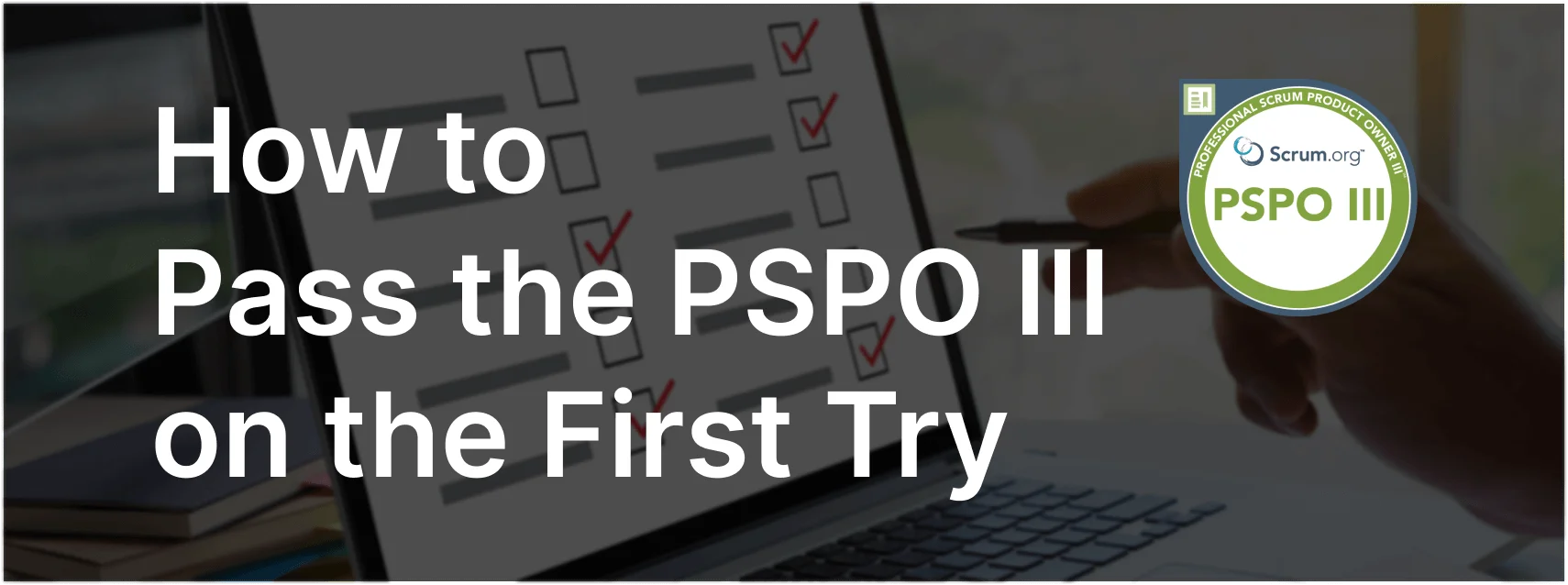Navigating Stakeholder Pressure to Release an Incomplete Increment
As a Product Owner, it’s crucial to maintain the integrity of the Scrum process, especially when dealing with stakeholder pressure to release an Increment that is not fully complete. When faced with this situation, your responsibility is to ensure that only a Done Increment is released to the customer, upholding the standards set by the Definition of Done.
Exam Question
At a Sprint Review, the Scrum Team and stakeholders inspect an Increment and discuss a Product Backlog item that is not done because the required documentation needed for the Product Backlog item is not complete. The stakeholders are happy with the outcome and push the Scrum Team to put the product in the hands of the customer immediately.
You are the Product Owner, what do you do with respect to the Increment and the push by the stakeholders to put the product in the hands of the customer immediately?
Explanation
Understanding the Situation
- Definition of Done:
In Scrum, the Definition of Done (DoD) is a shared understanding of what it means for work to be complete. It includes all criteria that must be met before a Product Backlog item is considered done, such as coding, testing, and documentation. If any of these criteria are not met, the item is not done. - Stakeholder Pressure:
Stakeholders may push for the immediate release of an Increment, especially if they are satisfied with the visible results. However, releasing an Increment that is not fully done can lead to potential risks, such as incomplete functionality, missing documentation, or future technical debt.
Product Owner’s Response
- Reaffirm the Importance of the Definition of Done:
Response: As the Product Owner, you should first reaffirm the importance of adhering to the Definition of Done. Explain to the stakeholders that while the Increment looks promising, it does not meet the agreed-upon standards for completeness.
Example: “I understand that you’re excited about the progress we’ve made, but it’s important that we only release work that meets our Definition of Done. Releasing an incomplete Increment could lead to issues down the road, such as missing documentation or unaddressed bugs.”
Purpose: This reinforces the Scrum Team’s commitment to quality and helps stakeholders understand the importance of delivering a fully Done Increment. - Discuss the Risks of Releasing an Incomplete Increment:
Response: Clearly communicate the potential risks of releasing an Increment that does not meet the Definition of Done. This might include missing or incomplete documentation, which could cause confusion or errors for customers, or the need for rework in the future.
Example: “If we release the Increment now without the necessary documentation, we risk confusing our customers or needing to address issues later. It’s better to take a bit more time to ensure everything is complete and meets our quality standards.”
Purpose: This helps stakeholders understand the potential consequences of releasing an incomplete product and why it’s important to wait until everything is properly finished. - Propose a Compromise Solution:
Response: If stakeholders are still insistent, propose a compromise that allows the team to complete the remaining work without significantly delaying the release. This might involve prioritizing the documentation work in the next Sprint or releasing the Increment to a limited audience for feedback while the final touches are completed.
Example: “We could prioritize completing the documentation in the next Sprint and release the Increment to a small group of users for initial feedback. This way, we can ensure the final release meets our standards while also keeping the momentum going.”
Purpose: This shows a willingness to accommodate stakeholder desires while still upholding the Scrum values and the Definition of Done.
Relevance to the PSPO III Exam
For Product Owners preparing for the PSPO III exam, understanding how to balance stakeholder demands with the integrity of the Scrum framework is crucial. This scenario tests the ability to maintain quality standards and protect the Scrum Team from the risks of releasing incomplete work.
Key Takeaways
- Adherence to the Definition of Done: The Product Owner must ensure that only fully Done Increments are released to maintain product quality.
- Risk Communication: Clearly communicating the risks associated with releasing an incomplete Increment is key to gaining stakeholder buy-in.
- Compromise Solutions: Offering a balanced solution that addresses stakeholder concerns while maintaining quality standards can be an effective way to manage pressure.
Conclusion
As a Product Owner, it’s your responsibility to ensure that only Increments meeting the Definition of Done are released to customers. By reaffirming the importance of the Definition of Done, discussing the risks, and proposing compromise solutions, you can navigate stakeholder pressure while maintaining the integrity of the product. For more insights on managing stakeholder expectations and to prepare for the PSPO III exam, visit our PSPO III Exam Prep.



